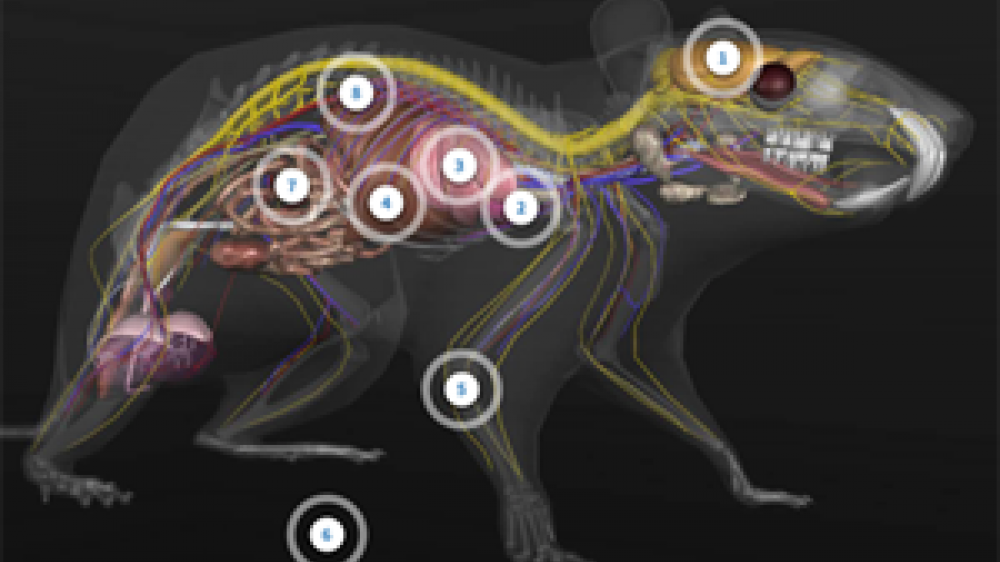A paper published in Regulatory Toxicology and Pharmacology highlights opportunities to use one rather than two species for long-term toxicity studies.
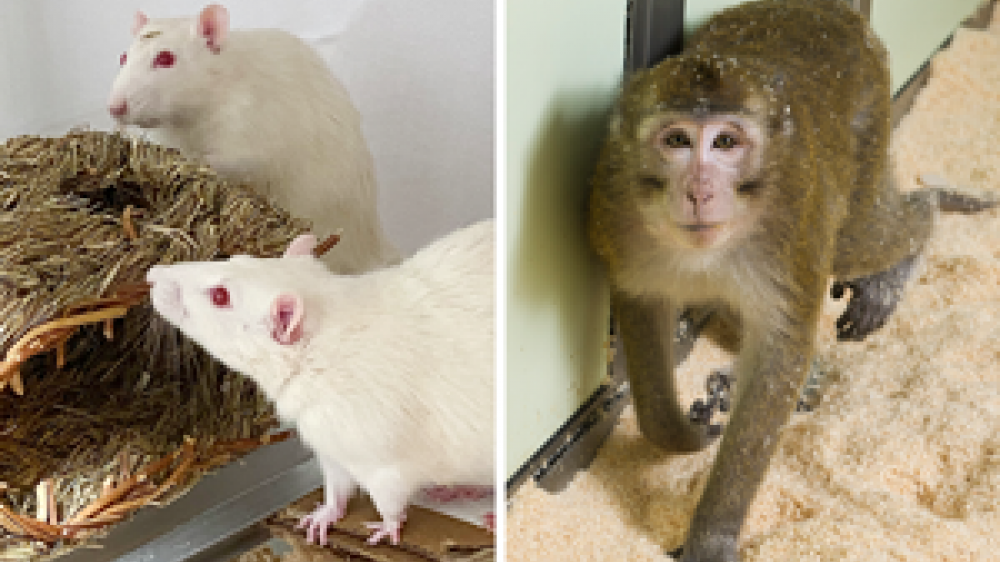
A paper published in Regulatory Toxicology and Pharmacology highlights opportunities to use one rather than two species for long-term toxicity studies.

It’s time to empty your file drawers, tidy up your hard drives and clean up your act when it comes to your data! We have recently added four new article types to our gateway, which will enable NC3Rs researchers to share small pieces of work and
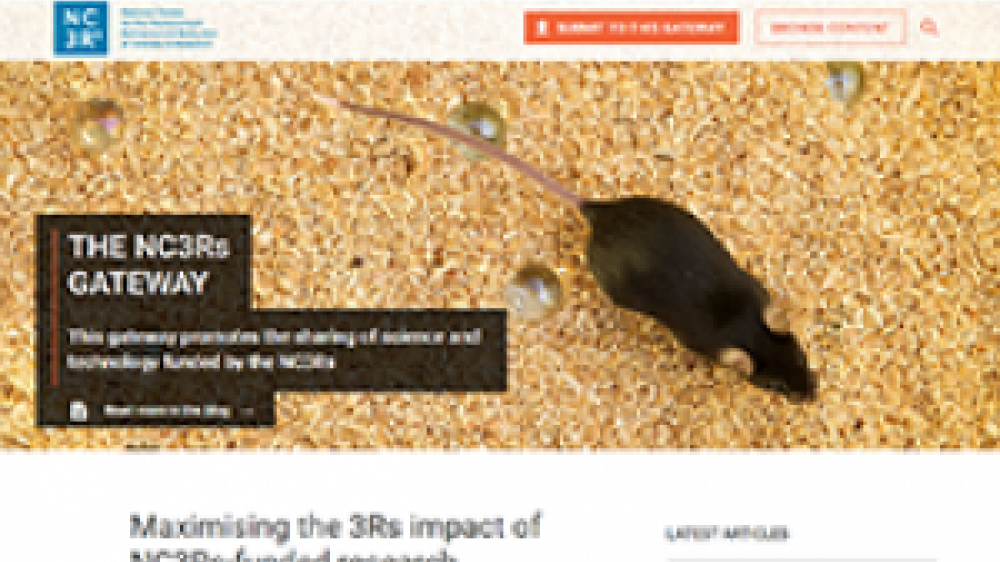
We have awarded four new NC3Rs Training Fellowships, totalling £512k, to support the development of talented 3Rs-minded postdoctoral researchers.

Animal care staff at the University of Dundee's Medical School Resources Unit (MSRU) have put a number of refinements into practice over the past 18 months, including improving environmental enrichment and refining their breeding colonies.
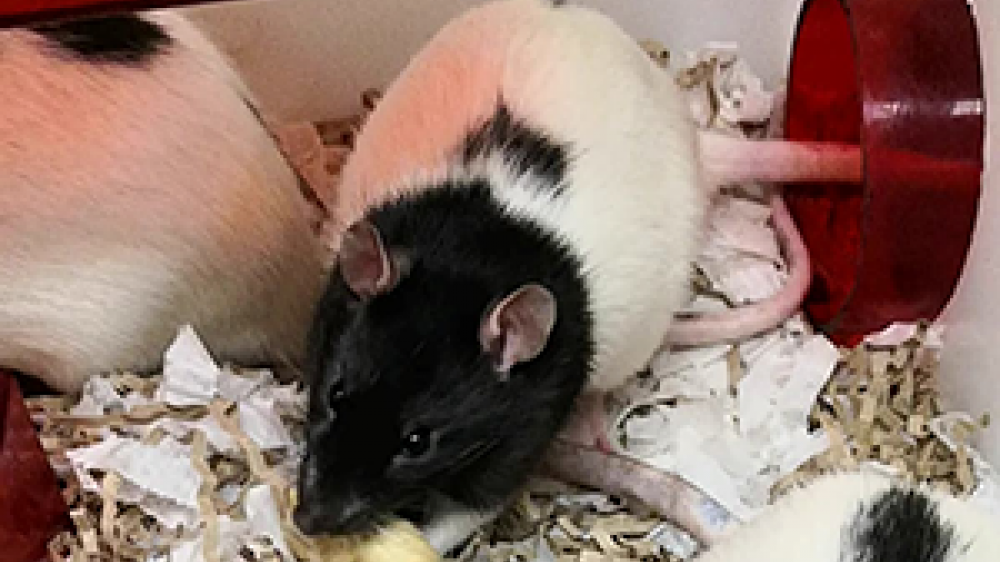
Professor Kevin Shakesheff has been appointed as Chair of the NC3Rs Board from 1 January 2020.

Picking up mice by the tail is a major source of stress that induces strong aversion to the handler, whereas mice handled with a tunnel or cupped hands exhibit low stress and anxiety and actively seek interaction with their handlers.
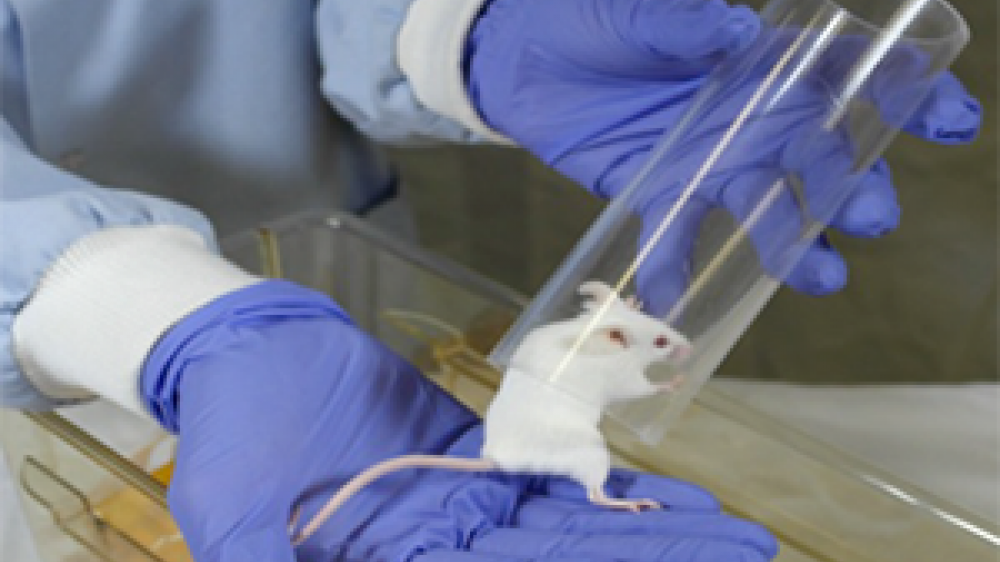
Lesley Gilmour is the University of Glasgow’s Named Training and Competency Officer (NTCO), responsible for ensuring that all those working with animals are appropriately trained, supervised and competent.
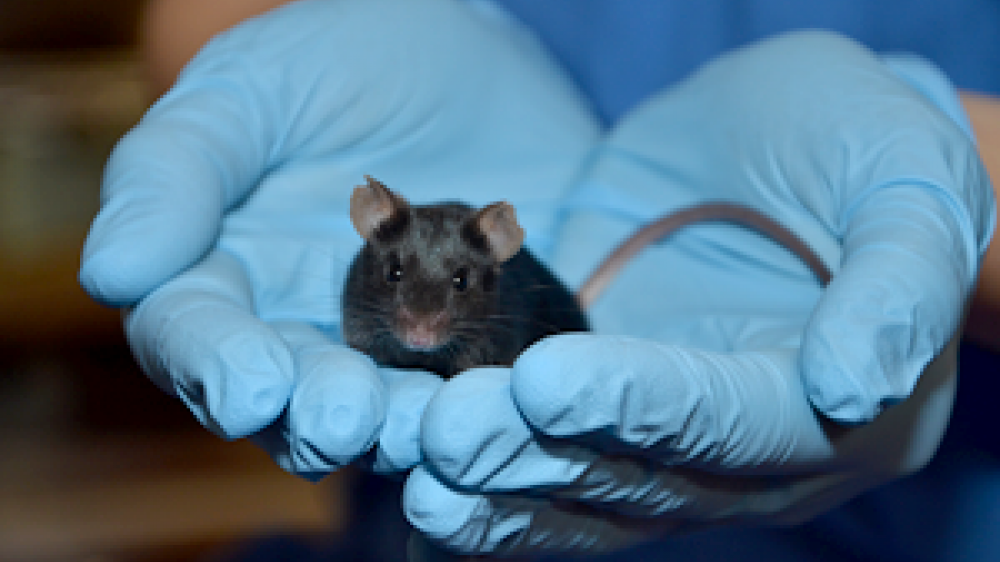
Two teams have been awarded funding to deliver Phase 2 of the 2018 CRACK IT Challenges competition, which brings together industry, academia and SMEs to develop marketable products or improve business processes that will have a significant 3Rs impact
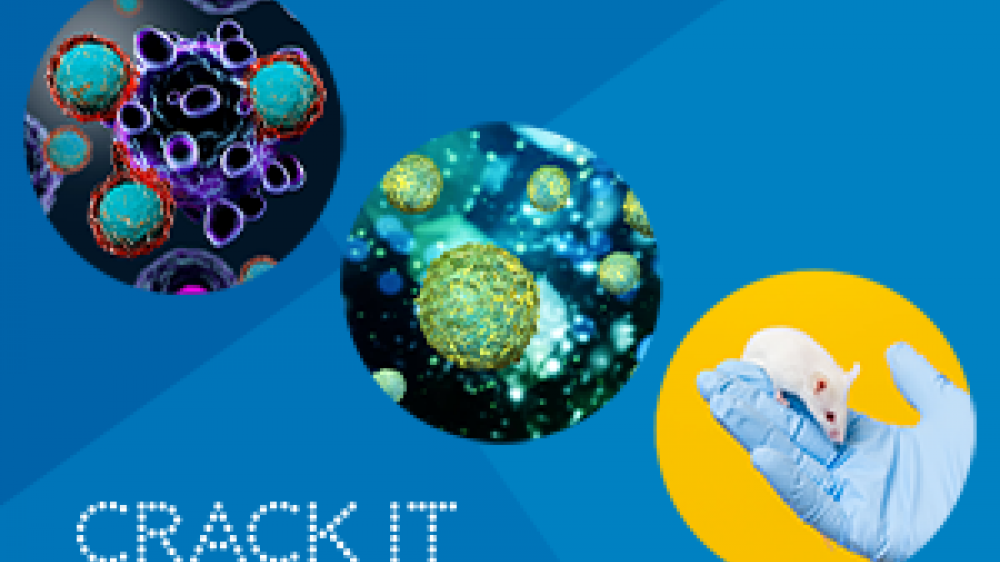
We are pleased to announce that we have awarded 16 new PhD Studentships, totalling £1.44 million.
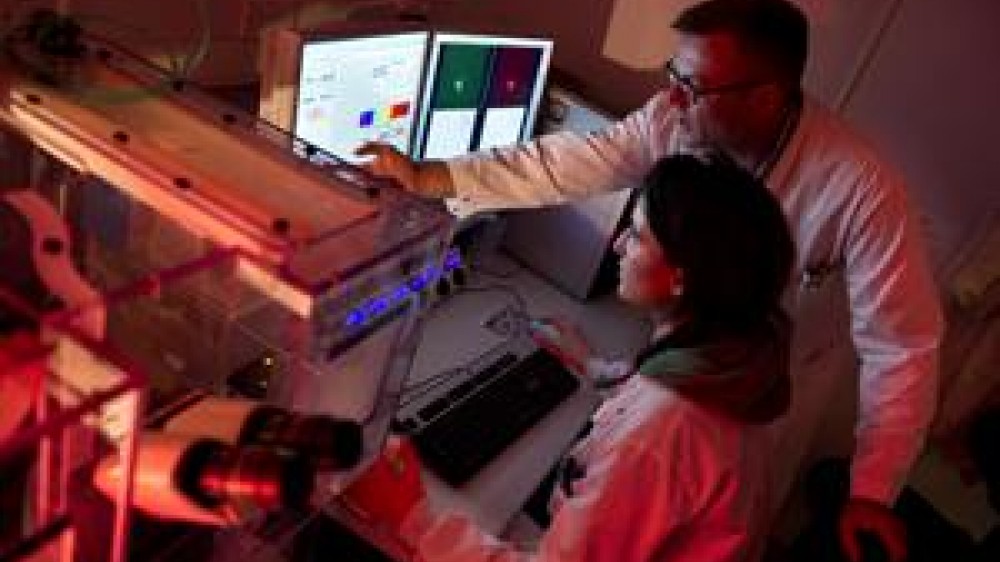
Could your organisation sponsor the next CRACK IT Challenge to improve R&D and reduce reliance on animal models?
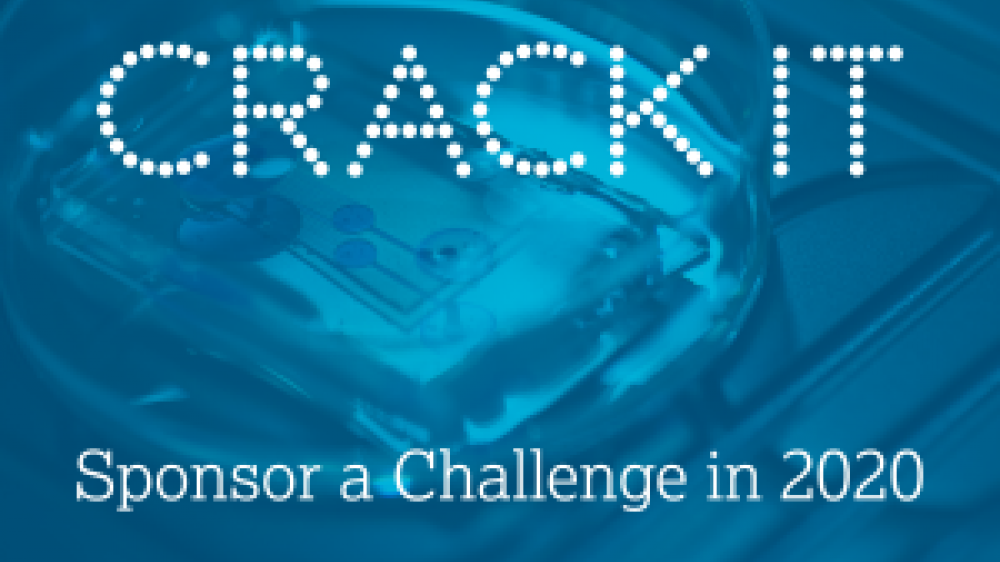
In this blog post we look back at our 2019 Animal Technicians’ Symposium, a joint event with the Institute of Animal Technology (IAT).
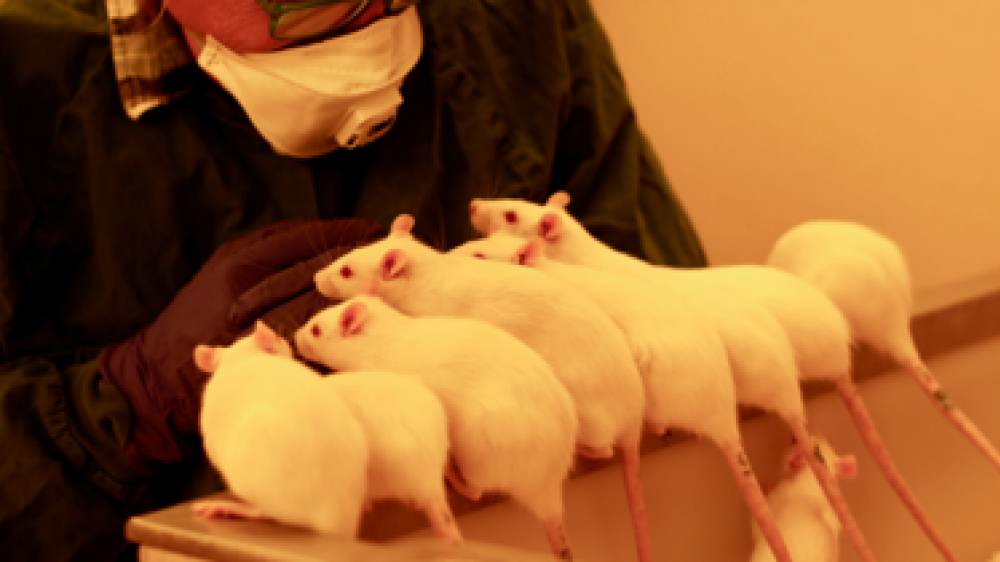
How big a problem is aggression in male mice? Which strains are the most aggressive? What can be done to reduce the likelihood of aggression occurring?
The NC3Rs toxicology and regulatory sciences team works to advance the 3Rs within chemical and pharmaceutical toxicity testing, through highlighting our own programmes as well as those of other organisations and consortia.

The NC3Rs has a long-standing collaboration with the pharmaceutical industry, providing companies with an opportunity to share data and experience in a non-competitive environment with the aim of advancing the 3Rs.
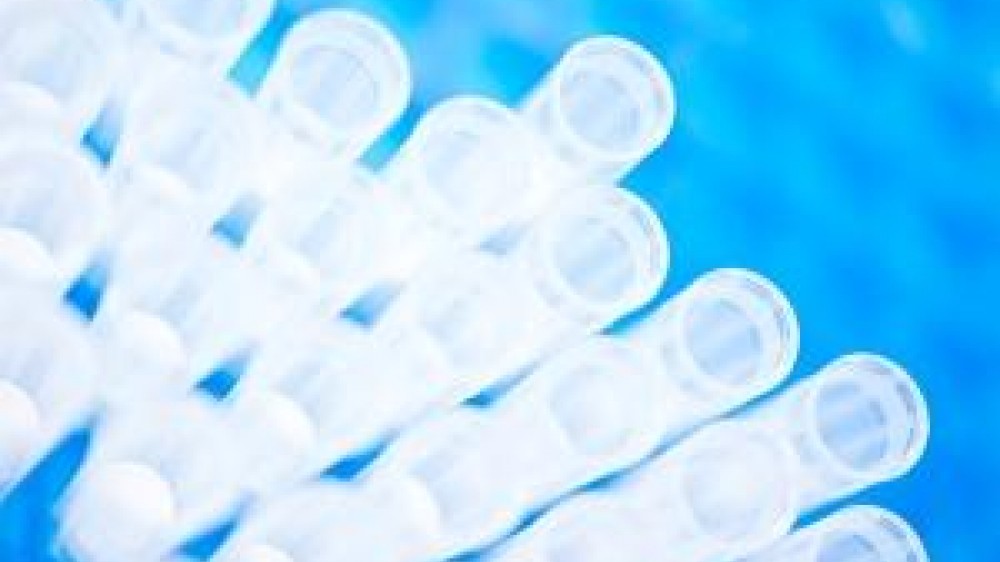
We are pleased to announce that Professor Paul Evans, Professor Christopher George, Ms Linda Horan, Professor Nick Plant and Dr Sally Robinson have joined the NC3Rs Board.
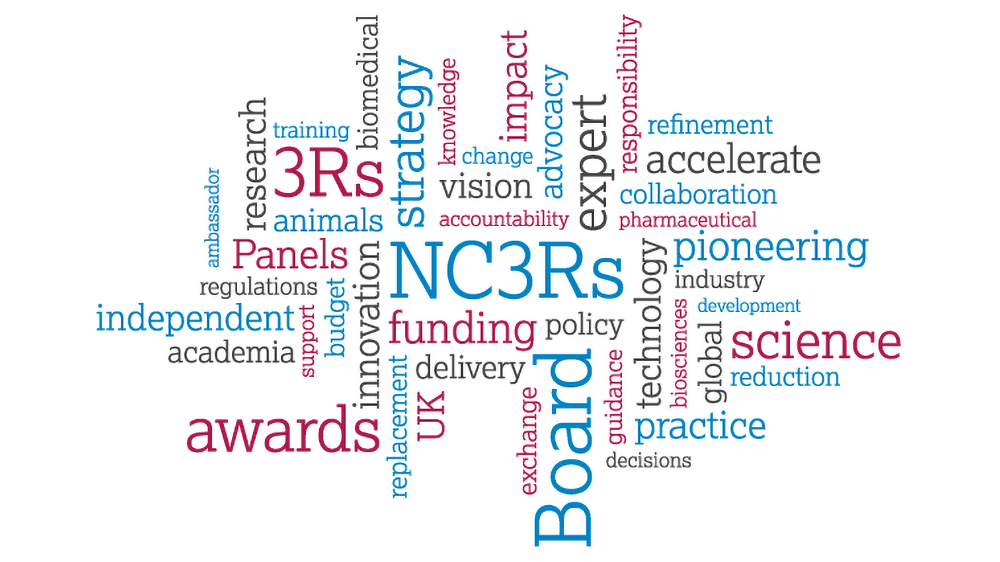
We have committed £1.8 million to five outstanding 3Rs projects in the 2019 Project Grant funding competition.
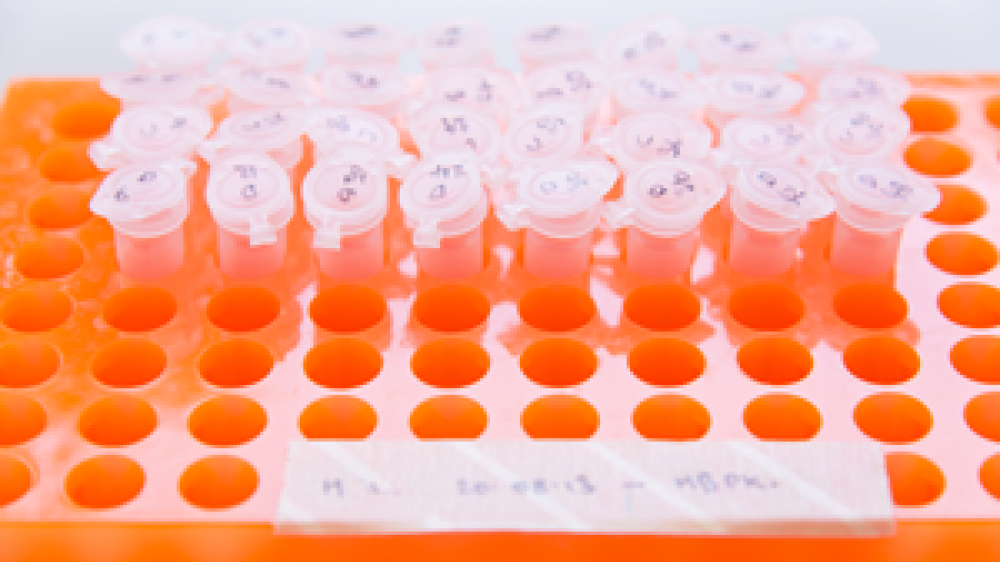
The 2019 CRACK IT Challenges are now open for applications.

We have published a new review of our CRACK IT programme. In it, we reflect on the first eight years of CRACK IT and how it has achieved business, scientific and 3Rs impacts through open innovation and collaboration.
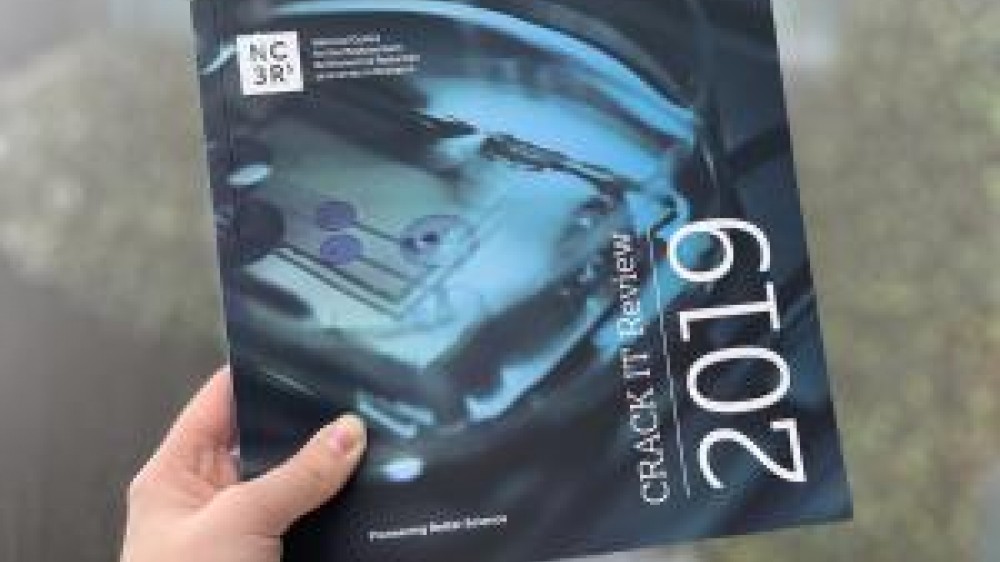
We recently worked with MRC Harwell to create Secret Lives of Mice, a new citizen science project based on the Rodent Little Brother CRACK IT Challenge.
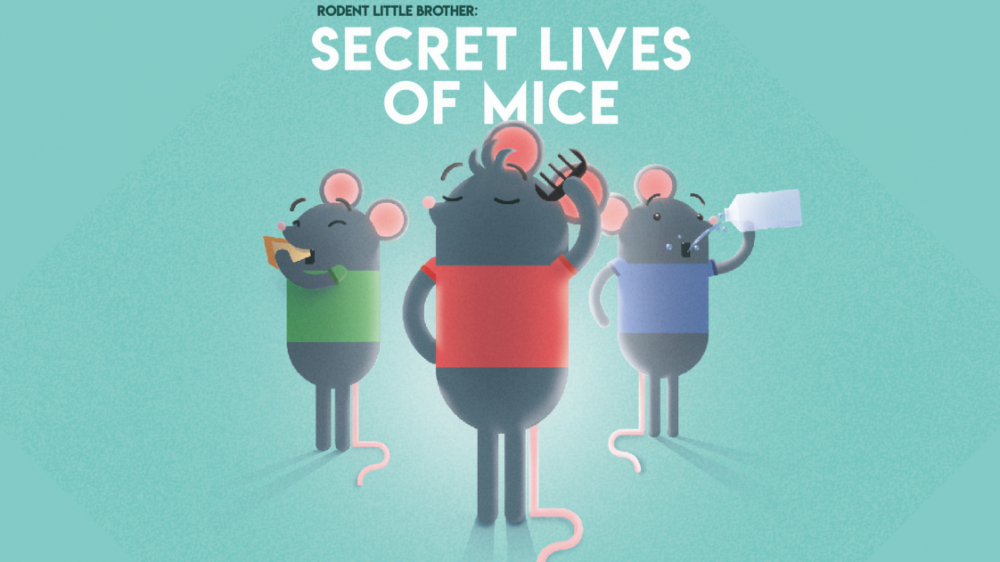
Two new e-learning modules funded by the NC3Rs have been launched, focusing on pre-anaesthetic preparations and choosing an anaesthetic.
